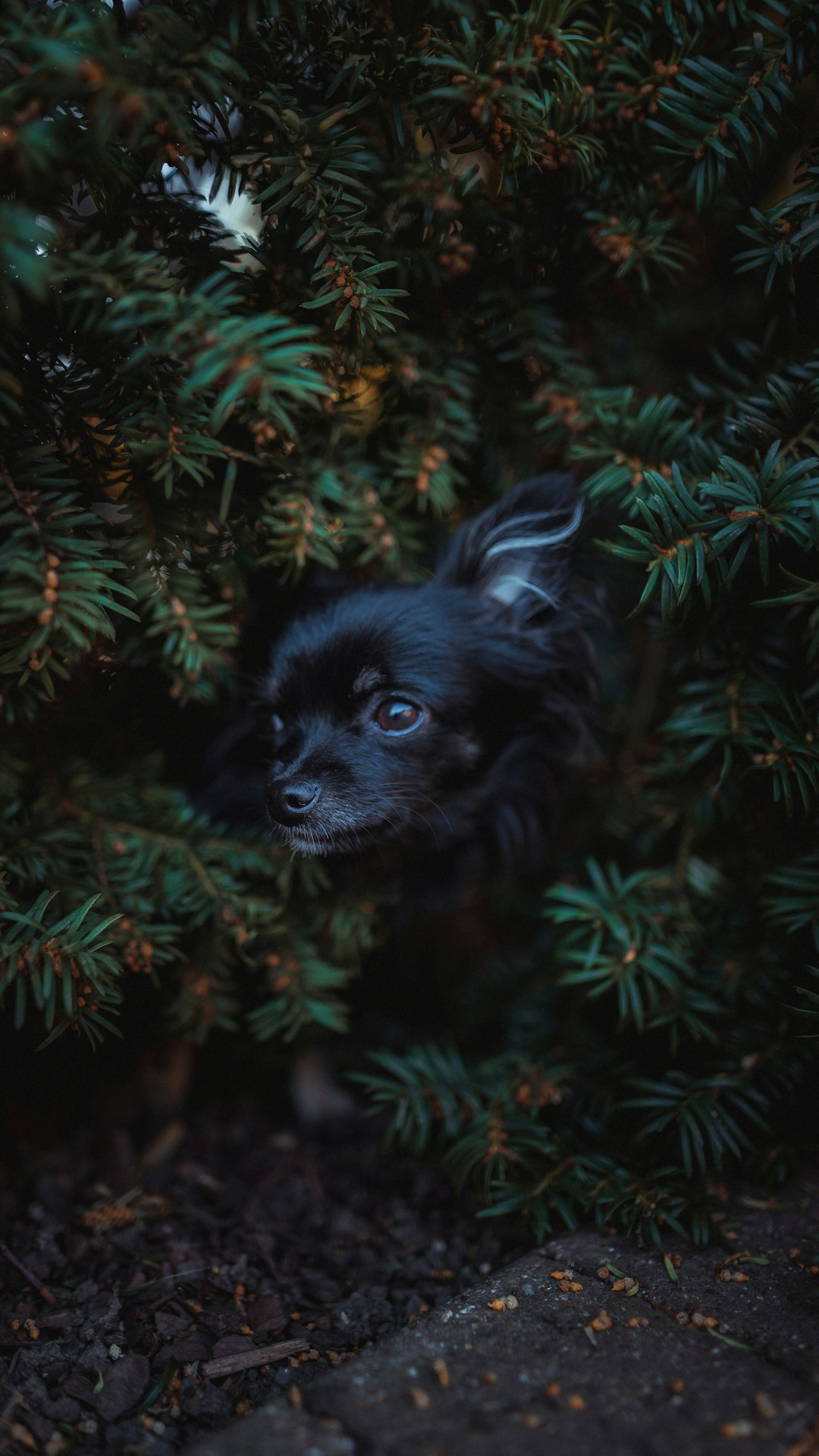Understanding Chihuahua Types
Chihuahuas come in many different types, categorized by coat length, head shape, and size. Understanding these variations helps you choose the right Chihuahua for your lifestyle and preferences.
Coat Types
Short-Haired Chihuahua
Short-haired (or smooth-coat) Chihuahuas have a sleek, glossy coat that lies close to their body. This is the most common type.
**Characteristics:**
- Short, smooth fur that's easy to maintain
- Minimal shedding compared to long-haired varieties
- Coat requires minimal grooming (weekly brushing)
- More common in the breed
**Care:** Weekly brushing is usually sufficient. Bathing every 4-6 weeks or when dirty.
Long-Haired Chihuahua
Long-haired Chihuahuas have soft, flowing coats that can be straight or slightly wavy.
**Characteristics:**
- Feathering on ears, legs, tail, and chest
- Softer, silkier texture than short-haired
- Moderate shedding, especially during seasonal changes
- Requires more grooming attention
**Care:** Brush 2-3 times per week to prevent matting. Professional grooming every 6-8 weeks. Pay attention to feathering on ears and legs.
Head Shapes
Apple Head Chihuahua
Apple head Chihuahuas have a rounded, domed skull resembling an apple - this is the breed standard.
**Characteristics:**
- Round, domed skull
- Short muzzle
- Wide-set, round eyes
- 90-degree angle between nose and forehead
- Considered the standard head shape
**Health Considerations:** Apple heads may have more breathing issues due to shorter muzzles. Watch for dental crowding due to smaller jaw size.
Deer Head Chihuahua
Deer head Chihuahuas have a longer, more angular head shape resembling a deer.
**Characteristics:**
- Longer, more angular muzzle
- Flatter skull (less domed)
- Larger ears in proportion to head
- Longer legs and body
- Less common than apple head
**Health Considerations:** Generally fewer breathing issues due to longer muzzle. Often larger overall than apple head varieties.
Size Variations
Standard Chihuahua
Standard Chihuahuas typically weigh 2-6 pounds. The breed standard allows for dogs up to 6 pounds.
Teacup Chihuahua
"Teacup" is not an official breed classification but refers to exceptionally small Chihuahuas, typically under 3-4 pounds when fully grown.
**Important Considerations:**
- Not recognized as a separate breed type
- Often result of breeding runts or unhealthy breeding practices
- Higher risk of health problems
- Fragile bones and delicate constitution
- Requires extra care and supervision
**Health Risks:** Teacup Chihuahuas are prone to hypoglycemia, dental problems, fragile bones, heart issues, and shorter lifespans. Extreme caution needed if considering one.
Color Variations
Chihuahuas come in almost any color or combination of colors, including:
- Solid colors: Black, white, fawn, chocolate, cream
- Marked: Black and tan, fawn and white, chocolate and white
- Spotted or brindle patterns
- Merle (though merle breeding has health concerns)
Choosing the Right Type
For First-Time Owners
Short-haired, standard-sized Chihuahua with apple head is often the best choice due to easier care and fewer health concerns.
For Experienced Owners
Long-haired varieties can be beautiful but require more grooming commitment. Deer head may have fewer breathing issues.
For Families with Children
Standard-sized Chihuahuas (not teacup) are safer around children due to less fragility. Children must be taught to handle small dogs gently.
Health Considerations by Type
Short-Haired Chihuahuas
- May need extra warmth in cold weather (consider sweaters)
- Less prone to matting issues
- Generally healthier due to being more common/standard
Long-Haired Chihuahuas
- More prone to matting if not groomed regularly
- May develop skin issues under thick coats
- Require more attention to ear and leg feathering
Apple Head Chihuahuas
- Higher risk of breathing problems
- May have more dental issues
- Prone to molera (soft spot in skull) - usually harmless but requires protection
Deer Head Chihuahuas
- Generally fewer breathing issues
- May be slightly larger and hardier
- Less common, so may be harder to find reputable breeders
Teacup Chihuahuas
- Significantly higher health risks
- Fragile bones prone to fractures
- Higher risk of hypoglycemia
- Often shorter lifespans
- Require constant supervision
Grooming Needs by Type
**Short-Haired:** Minimal - weekly brushing, monthly baths **Long-Haired:** Moderate - 2-3x weekly brushing, bi-monthly professional grooming, daily attention to feathering **Both Types:** Regular nail trimming, dental care, ear cleaning
Exercise and Care
All Chihuahua types have similar exercise needs regardless of coat or head shape:
- 20-30 minutes of daily exercise
- Short walks and indoor play
- Mental stimulation through training and toys
- Protection from cold weather (especially short-haired)
Common Misconceptions
"Teacup is a Breed Type"
Teacup is a marketing term, not an official breed standard. True teacup sizes often result from unhealthy breeding.
"Deer Head is Not a Real Chihuahua"
Both apple head and deer head are legitimate variations, though only apple head meets the breed standard for show purposes.
"Long-Haired Shed More"
Shedding varies by individual. Long-haired may appear to shed more due to longer hair length, but both types shed.
Finding Reputable Breeders
When looking for a specific Chihuahua type:
- Research breeders who specialize in your preferred type
- Visit the breeder in person
- See health clearances for parents
- Avoid breeders focusing on "teacup" sizes
- Ask about health issues in bloodlines
- Get references from previous puppy buyers
Caring for Your Chihuahua Type
Regardless of type, all Chihuahuas need:
- High-quality small breed dog food
- Regular veterinary care
- Dental hygiene attention
- Warm clothing in cold weather
- Gentle handling and protection
- Socialization and training
- Mental stimulation
Conclusion
Understanding Chihuahua types helps you make an informed decision. Remember, individual personality and health matter more than specific type. Work with reputable breeders, prioritize health over appearance, and be prepared for the specific needs of your chosen variety. All Chihuahuas, regardless of type, need dedicated owners who understand their unique needs as small, delicate dogs.
